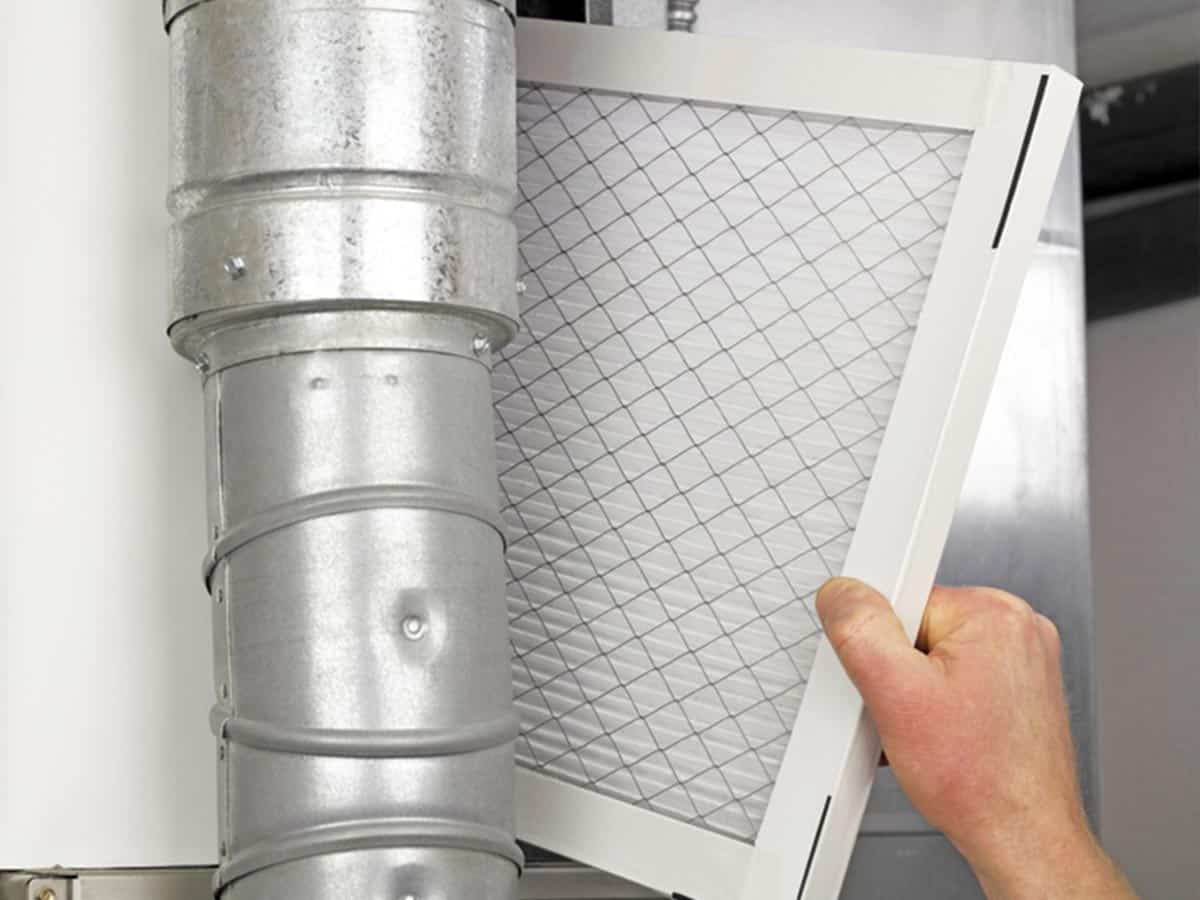
Most people do not spend too much time thinking about the performance of their home heating and air conditioning systems unless something is wrong. The same is often true for the air filter. If you notice you seem to be coughing and sneezing more often than usual, you might think to replace the air filter—although even then, many people wait weeks until it’s convenient to visit the hardware store for a replacement.
We are here today to tell you that changing the air filter is more important than most people realize. It’s not just for your health and wellbeing. In fact, it may have little impact on this at all without the right filter. Keeping your filter clean matters for the wellbeing of your heating and AC systems and for your bills.
The Purpose of an Air Filter
The blower fan in your heating and AC systems is not only responsible for moving air into your home. It also has to suck in air from around the home so that the AC/heater has something to work with. Consider all of the airborne particles in a home, and think about what might happen if the blower fan were able to suck in lots of dirt and dust along with that air.
Debris could pummel the indoor blower unit of your AC and heater, forcing you to replace the equipment much sooner than you had wanted to. That’s why the air filter was originally designed—to keep particles from damaging these expensive systems. (Modern filters are also designed to filter the air for your health, but only if you choose a filter with a high MERV rating.)
Dirty Filters and System Performance
While a filter is meant to protect your systems, a dirty air filter keeps your air conditioner or heater from functioning the way it is supposed to. Sure, the blower fan won’t be able to suck in dirt and debris. But when the filter is too clogged up, the fan won’t be able to suck in air either. That means you may notice reduced performance from your systems.
Dirty Filters and Your Bills
As a result of this layer of dirt blocking the airflow, the furnace or AC system has to work harder to reach the thermostat temperatures. This constant running of a system means your bills are likely to suffer.
In addition, you might have to make repairs to your system, all thanks to a layer of dirt! Because the air conditioner and heater are designed to take in a certain amount of air, the blocked airflow can lead to problems like frozen coils, short cycling, or overheating, which means you have to pay to fix the problem.
How to Change Your Filter Every 1-3 Months
Some people only change a filter when it appears to be dirty, but we don’t recommend this. You should change the filter every 1-3 months, a number that varies depending on use. (Most air filters in our area get quite a workout, so its better to air on the side of caution and change the filter each month.)
Schedule a reminder into your phone to recur monthly on the first of the month, or go the old-fashioned route and write it down on your calendar along with reminders to check the smoke and CO alarms. Stock up on a few filters at a time from the store so it doesn’t seem like such a chore.
How HVAC Ductwork Affects Overall System Efficiency » « Why Home Automation is a Selling Point for Rental Properties






